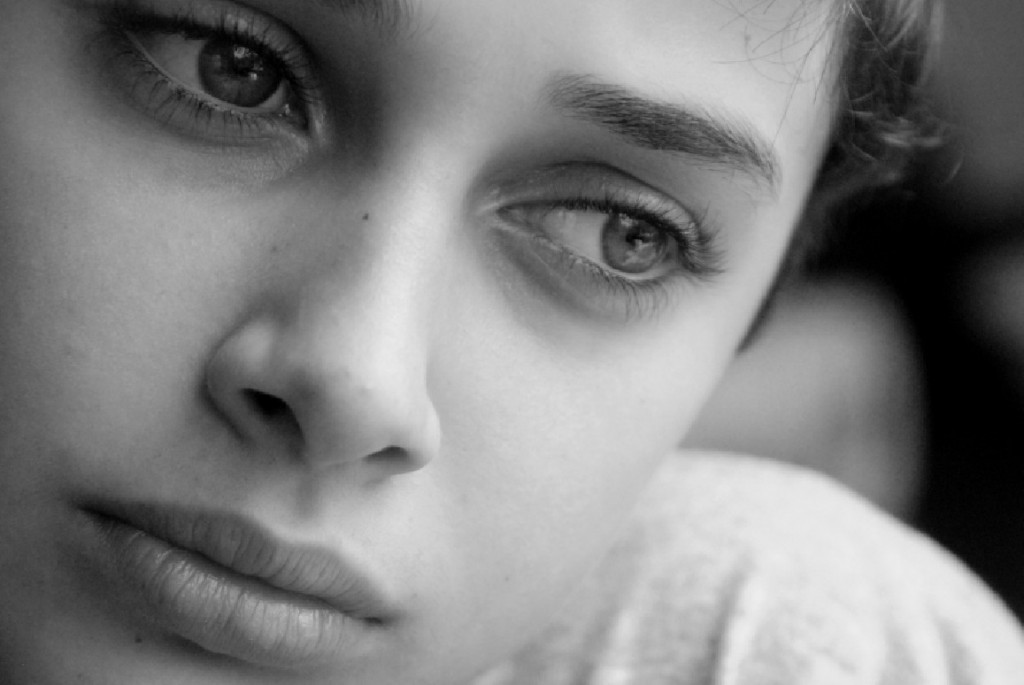 Situational depression is caused by traumatic situations such as the losing a beloved one, shock, sickness, getting fired from job, etc. such conditions are often easily gets solved when there is a change in living atmosphere or circumstances. In case if symptoms appear again it will be turned out as severe depression.
Situational depression is caused by traumatic situations such as the losing a beloved one, shock, sickness, getting fired from job, etc. such conditions are often easily gets solved when there is a change in living atmosphere or circumstances. In case if symptoms appear again it will be turned out as severe depression.
Situational depression is an event of depression of nonsyndrome that follows after a worrying incident. This is also called as ‘transient situational disturbance’. Situational depression occurs in reply to a particular stressor or a foremost life alter that causes stress by means of physical or emotional.
Causes for situational depression:
Situational depression happens in reaction to traumatic incidents like losing a beloved one, economical losses, shocking accidents, Being affected with a chronic health disorder, seeing an earth quake, floods or a crime like murder, family crisis, breakups or divorce, life-altering situations like marriage, becoming father or mother, etc.
This necessity be renowned that stressor do not require constantly be a pessimistic incident. It could still be an optimistic occasion that causes trauma. For example stress may also develop while buying a new vehicle or new home.
Symptoms related with Situational Depression:
Situational depression can affect individual of all age. Symptoms differ in case of kids, youngsters and adults. Kids and youngsters reveal behavioral symptoms than elders. Losing a loved one results in grief and other depressing emotions, in this disorder. The symptoms may turn severe than predictable. The symptoms that are noticed by affected individuals consists tetchiness, anxiety, feeling of despair, irrelevance, helplessness feeling, depression, weakness, poor immune system, tough to focus on things, uncertainty, diminished significance in enjoyable action, problems associated with sleep, loss of appetite, staying away from family and friends and so on.
In offspring and youngsters, the symptoms are of different types as follows:
1. Symptoms of situational adjustment disorder with depressed atmosphere are:
• Patients suffer from unhappiness, feeling like crying and lost hopes.
2. Symptoms of Adjustment disorder with anxiety are:
• Uneasiness, nervousness, worrying.
• Fear of losing most wanted things or people.
In adjustment disease with fretfulness and unhappy moods, symptoms can be seen in combination
3. Symptoms of adjustment disease due to disturbance of conduct are as follows:
• Disrespecting people’s right.
• Abusing the general rules of society
4. Symptoms of adjustment disorder with mixed disturbance of emotions are as given below:
• Quitting the social activities.
• Not taking part in activities they earlier used to take part.
Few of the Behavioral changes are:
• Aggressiveness, driving out of control , Ignoring bills
• Ignoring family or friends.
• Poor performance in academics.
• Not attending school or work, Vandalizing assets.
Types of depression:
• Situational Depression.
• Clinical Depression
According to the doctors observation depression disease contains at 5 symptoms out of 9 symptoms for duration of minimum 15 days:
• Depressive moods, low interest or happiness in regular activities. Loss of appetite.
• In no diet plans, variation in weight loss or weight gain.
• Sleeping sickness like insomnia or hypersomnia.
• Psychomotor disturbance or fatigue.
• Retardation, feeling of uselessness.
• Reduced excitement to think or focus.
• Feelings like committing suicide.
Infected person have to sense either sad mood or low interest or joy in more or less all actions. Such indications should possess unpleasant consequence on the person’s capability to live an ordinary life. This kind of symptoms has not been related to any kind of therapeutic circumstance.
Clinical depression might be there recognized due to imbalance of chemicals in the brain.
Patient could be genetically prone to depression. For many mental health disorders depression is discovered as the symptom. Which is due to numerous traumatic experiences?
In some cases an individual attacked by situational depression may not experience all the symptoms. Generally the symptoms resolve within the six months duration of the execution of stressor. The symptoms can continue for a long duration, if in case individual continuously showing to the stressor for a very longer duration.
Treatment:
Tests are done to discover the health status and disorders. physical examination is made to analyze the patient’s medical history, psychologically patient is examined to determine the symptoms are occurred due to some other psychological diseases like anxiety, posttraumatic stress disorder etc. or have appeared in reaction to a traumatic incident.
Psychotherapy:
Only for some extent drug therapy is helpful. Psychotherapy is the best one to cure this disorder. Symptoms of situational depression can be seen only for a limited period of time. Psychotherapy takes very less duration. Talking therapy is best to spill out those hidden emotions. The doctor will make an effective effort to find out the stressor and also detects the solution for the cause of a disease.
Drug Therapy:
Drug therapy is not measured to be vital for the healing of adjustment disease. If some of the symptoms are brutal, drugs might be approved for finding that significant sign. Physician must select to advise selective serotonin reuptake inhibitors (SSRIs), tricycle antidepressants (TCAs), or monoamine oxidizes inhibitors (MAOIs). These are given only when symptoms are not discovered by other methods.
Cognitive behavioral therapy is helpful in discovering negative emotions and transform into positive actions. Drug therapy can be helpful to decrease the brutal symptoms.
The best assistance for such patients is support from family and friends. Family therapies and self help group might be very helpful to overcome this disorder.
Healthy food habits, regular exercises and favorite hobbies will be helpful to come out of this disease.
